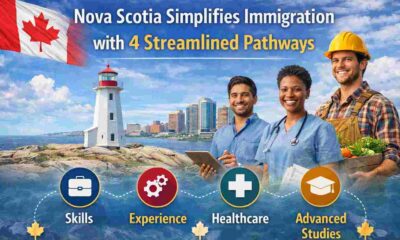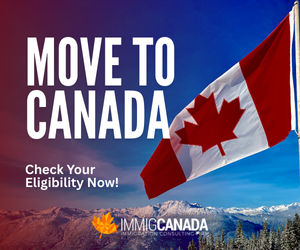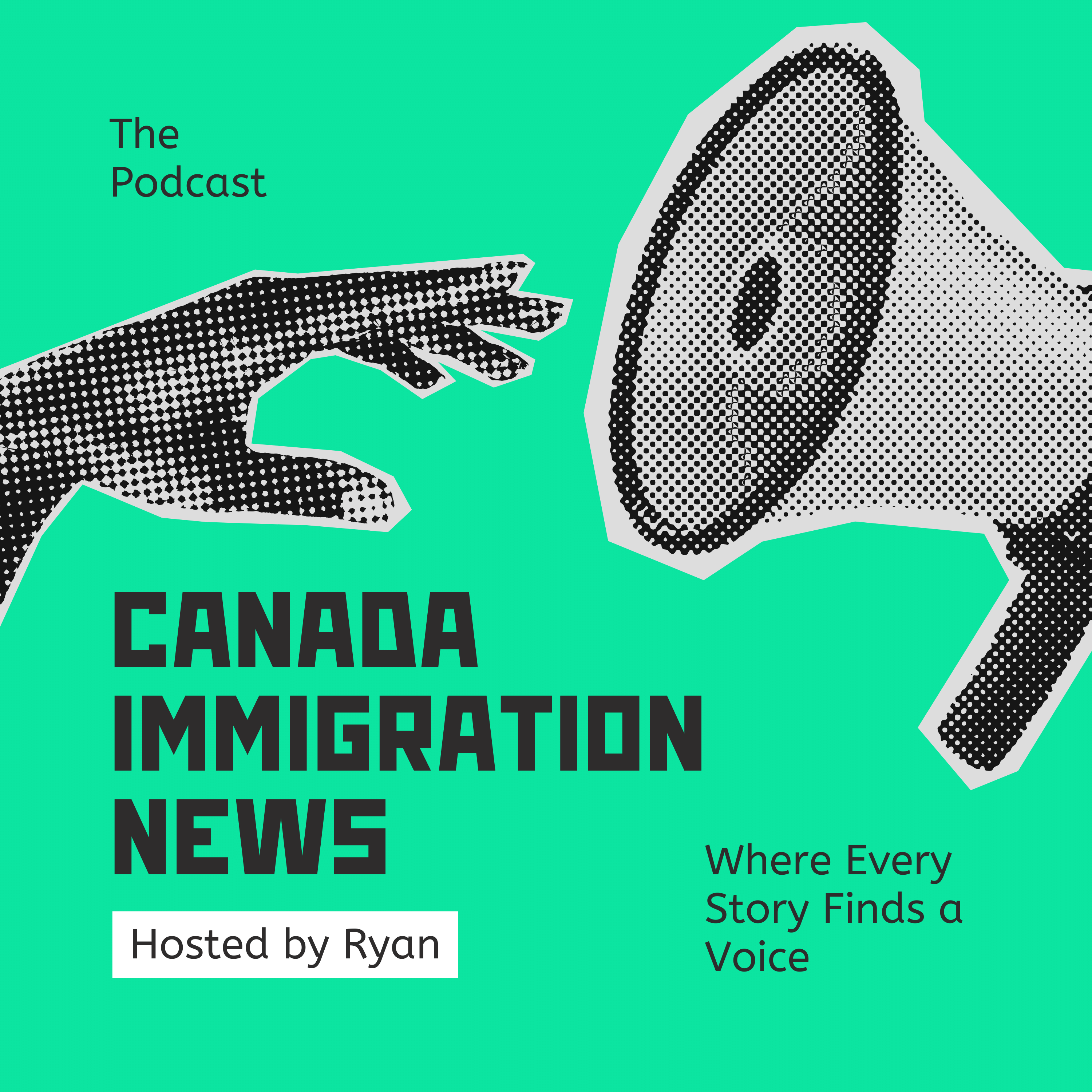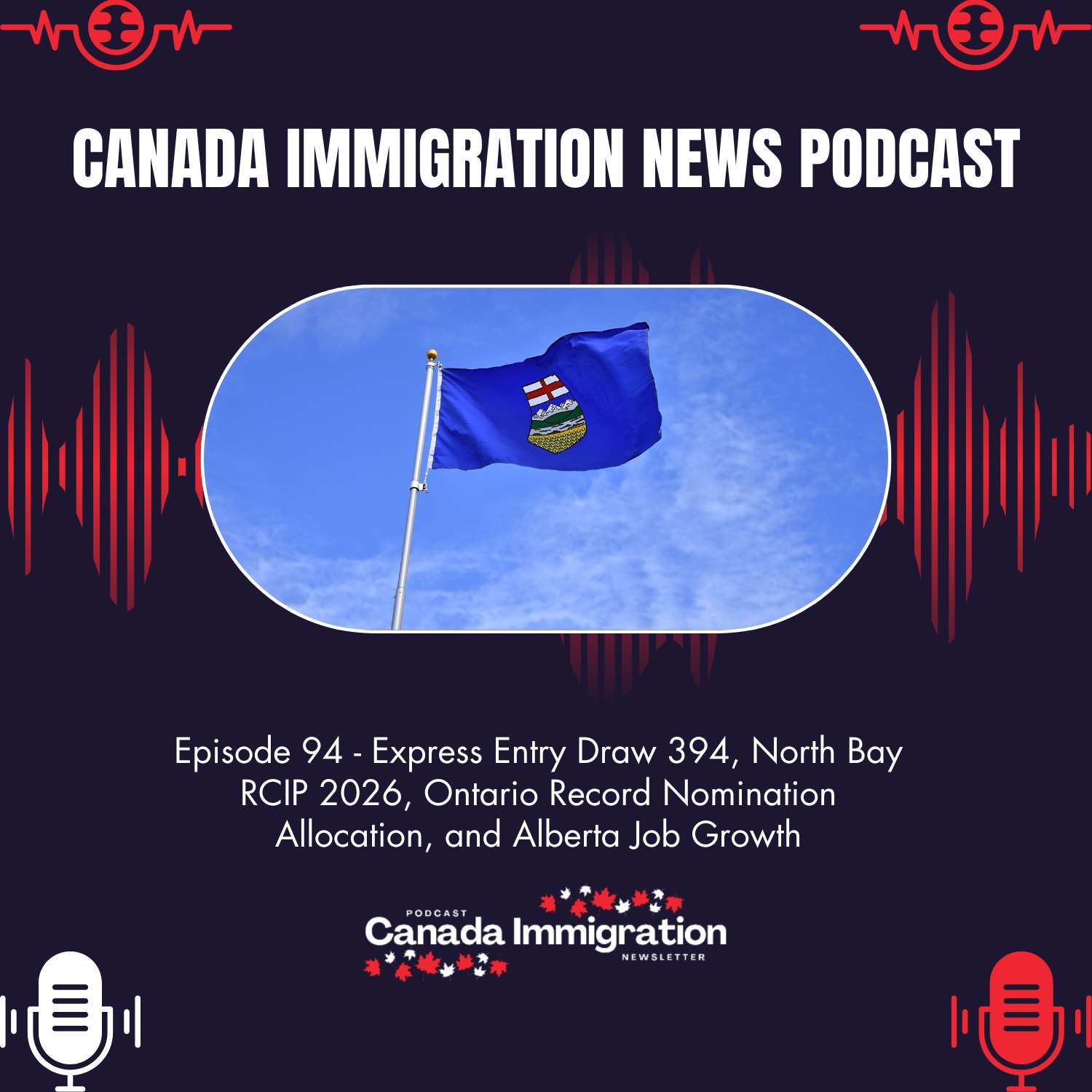Study in Canada
Statistics Canada Report Shows that Immigrants Who Study in Canada Earn More

In 2022, Statistics Canada published a report that looked at the connection between education in Canada prior to immigration and earnings after immigration. In the report, one of the study’s key findings was that economic principal applicants with Canadian study experience earned significantly more during the first two years after immigration.
The report also projected that the applicant’s improved proficiency in the official language and accumulated Canadian job experience were responsible for the enhanced earnings among immigrants. Moreover, in Canada, international students are allowed to get job experience during their studies and may qualify for a Post-Graduation Work Permit (PGWP) after they graduate.
Under one of Canada’s more than 100 economic class immigration streams, international students then qualify for permanent residence. In comparison to immigrants who did not study in Canada, immigrants with Canadian study experience tended to be younger, more educated, more likely to speak an official language, and considerably more likely to have had Canadian earnings prior to immigrating.
Over Time, Canadian Study Experiences Can Be Beneficial – Know How!
- According to the Statistics Canada report, applicants with Canadian study experience earned less in the first years than those without any work experience and language proficiency.
- The pre-arrival factors that accounted for the financial benefits of studying in Canada grew less significant as economic immigrants participated more in the Canadian labour market. Economic immigrants who had been educated in Canada had greater wages ten years after their arrival than those who had not.
- The report also says that formal education at Canadian educational institutions equips immigrants with top-notch professional skills specific to the Canadian labour market and improves their capacity to integrate into their local Canadian communities and the economy.
Studying in Canada: How to Get Started?
If you want to study in Canada, you must first select and apply to a Canadian Designated learning institution (DLI), and then acquire an acceptance letter from that institution. After being accepted into the DLI, you can contact Immigration, Refugees, and Citizenship Canada to get a study permit (IRCC).
To be qualified to submit an application for a study permit, you must:
- Demonstrate your ability to pay for the first year of tuition, living costs, and transportation back to your country of residence.
- If you want to study in the province of Quebec, you must obtain a Quebec Admission Certificate (CAQ).
- Must have a spotless criminal history and possess good health.
- Assure the immigration official that you will depart Canada at the conclusion of the study permit-authorized period of time.























